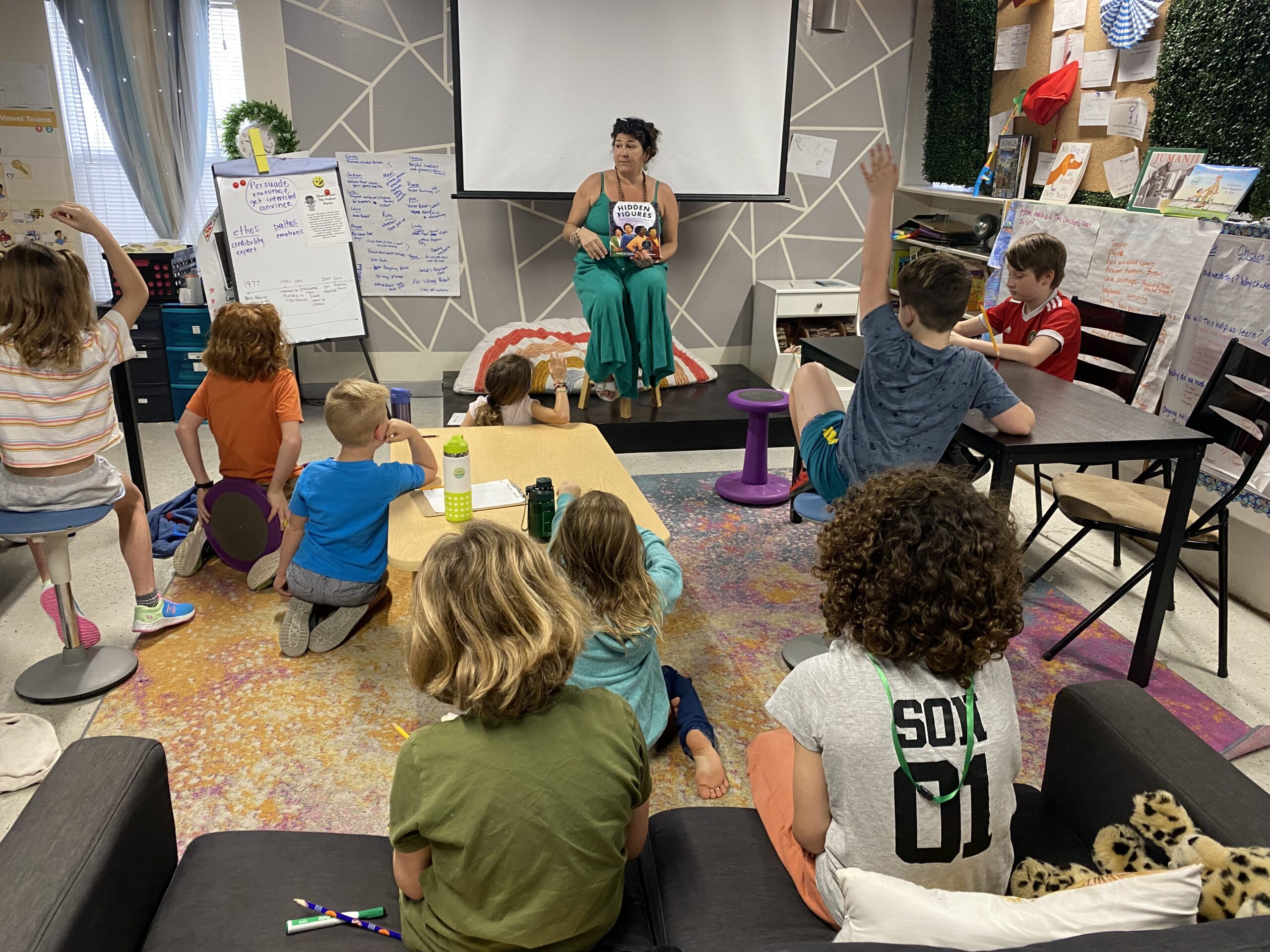February is Black History Month, a time when we celebrate the achievements and contributions of Black Americans throughout history. It’s also a time to reflect on the injustices and struggles that they have faced, and continue to face, in our society. As states like Alabama, Oklahoma, and Florida have canceled Black History Month events and banned books and courses, at Indi-ED, we celebrate it – all year long.
As educators, it’s our responsibility to ensure that our students learn about Black history, and the challenges faced by Black Americans, in an accurate and meaningful way.
One way to do this is to incorporate literature that highlights the experiences of Black Americans into our curriculum. These books provide valuable insight into the struggles faced by Black Americans, and the impact of racism on their lives. By introducing our students to these books, we can help them understand the importance of free speech and the need to support diversity and inclusion.
Currently, we are studying biographies and will begin “Hidden Figures,” a book that is banned in some states. A story about 4 black women mathematicians at NASA. By discussing the information in the text in congruence with the time the events took place and the realities around book’s current banning, we can help even our youngest students question and contribute towards solutions.
Black History Month provides a unique opportunity for educators to introduce their students to ideas that deal with Black history, experiences, and valuable insights into the struggles faced by Black Americans but it should not be the only time.


